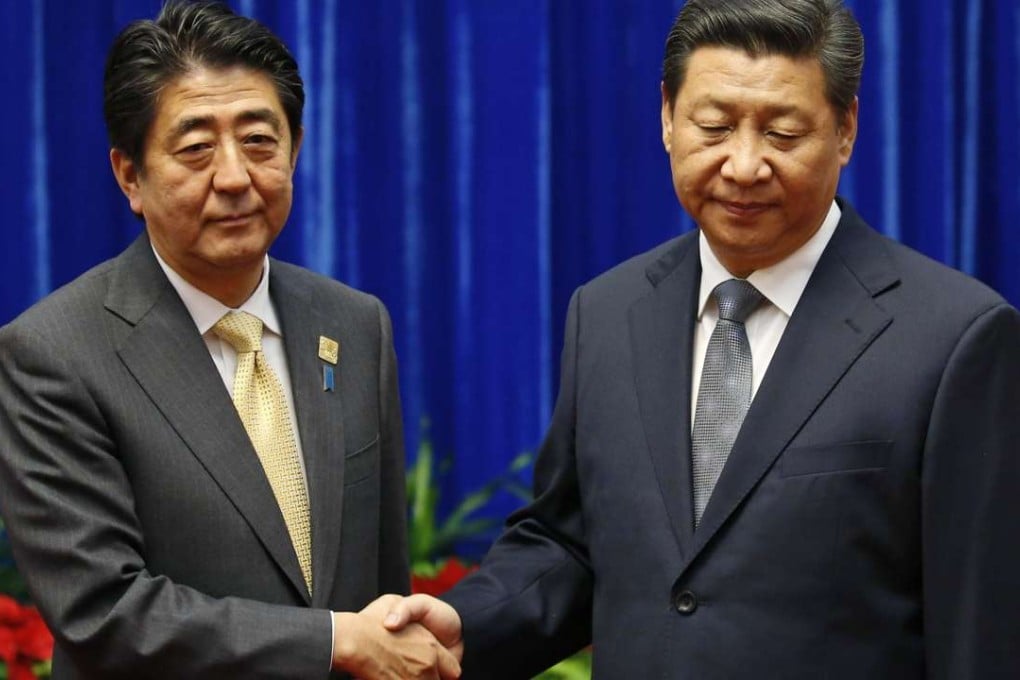Little chance of thaw in Sino-Japanese ties at G20 summit
Continuing a series of stories on China’s relations with other G20 members ahead of next month’s G20 summit, the South China Morning Post looks at the strained relationship between President Xi Jinping and Japanese Prime Minister Shinzo Abe

When China hosts the summit meeting of the Group of 20 leading nations and economies in Hangzhou in September, the interaction – or lack of it – between President Xi Jinping and Japanese Prime Minister Shinzo Abe will be closely watched.
Both nations have been carefully assessing the state of bilateral ties and calculating whether the two leaders should meet on the sidelines of the G20 summit, as they did at the Asia-Pacific Economic Cooperation summit in Beijing two years ago. That occasion was marked by a frosty handshake, followed by a vow to remove obstacles impeding Sino-Japanese ties.
China does not have a very strong momentum to engage in serious talks with Japan
As host, it is almost diplomatic protocol for Xi to meet with leaders attending the event, and especially so in the case of the leader of Japan, one of China’s key neighbours. Both sides are also aware that such talks are essential if they hope to contain confrontations over territorial and historical disputes. However, it is also unlikely the two leaders would reach a consensus on anything and there’s always the risk a meeting could end up with each side blaming the other for recent tensions.
“China does not have a very strong momentum to engage in serious talks with Japan,” said Zhou Yongsheng, a Japanese affairs expert at China Foreign Affairs University. “For Beijing, the development of Sino-Japanese ties over the past two years shows that things could easily turn sour regardless of what agreements have been made in previous talks.”

The Sino-Japanese relationship has gone through rocky patches since they normalised ties in 1972, mainly over grievances dating back to the second world war and a territorial dispute over the Diaoyu Islands in the East China Sea, which Japan controls and calls the Senkakus.
